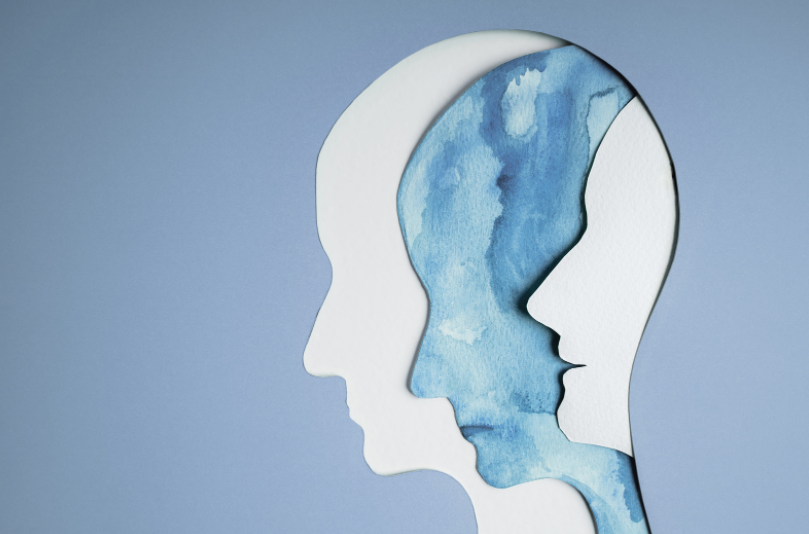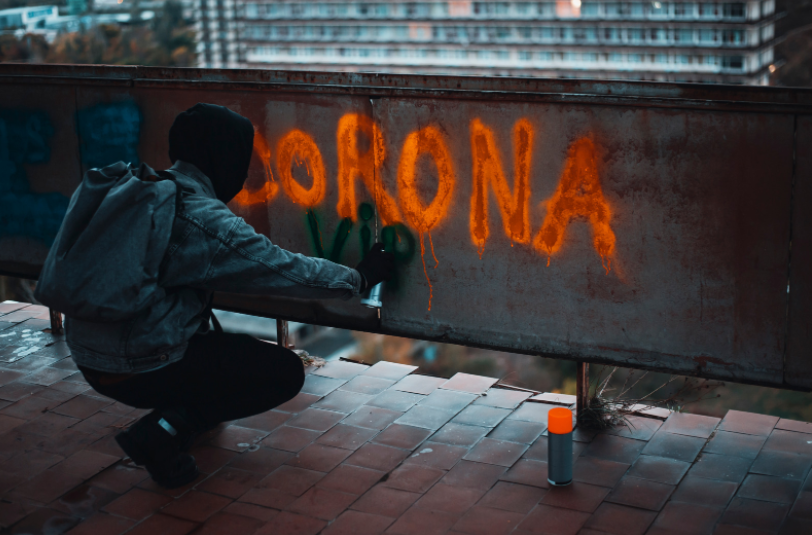“When I discover who I am, I’ll be free” – Ralph Ellison # Chaos Theory

How do human beings respond when we get psychologically upset? We start by labelling the feeling as anger, stress, anxiety, depression or something similar. Different events can cause this, and though the details may differ, they are broadly similar in all human beings.
We may lose something we were attached to – a favourite pet, a person or a job. We may not get something we want – we may fail an exam, not get a job, or fail to achieve a goal at work.
# Chaos Theory https://blogs.humanwisdom.me/ We may be criticised for something we have done, compare ourselves with others who have done better than us, feel our needs are not met in a relationship, or feel lonely — all these hurt.
There are many other reasons why we get stressed and upset. How do we respond?
We immediately seek solutions in the world around us. We may start by blaming a person or our circumstances for how we are feeling. Feeling like a victim brings a subtle form of pleasure and gives us a reason not to accept responsibility for how we are feeling.
If the distress continues, we may seek refuge in one of the friendly escapes that make us feel good in the short term. We may escape through amusement: go shopping, go on holiday, start a new relationship – anything that distracts us from our pain. We may take to alcohol or drugs, which again offers an escape from our pain.
Or we may try some of the well-tested stress-reducing techniques – Yoga, Mindfulness, Counselling, Tai Chi, Meditation, or start some medication. All these provide some relief and make us feel better.
But they all have one thing in common – dealing with the internal disorder’s symptoms but not the root cause. The engine of disorder continues to generate our psychological pain.
Self-awareness is the first step to enlightening wisdom. Watch this short video to explore awareness:
Exploring Awareness
The only long-term solution is understanding the problem’s origins in our thinking. Most of us are unaware of its existence or how to explore and understand it. HumanWisdom offers a road map to explore our inner space and the origins of our distress. This understanding results in a long-term solution to these problems. If the roots of our anxiety are understood, then we no longer have to try not to be anxious. If we realise that our hidden version of ourselves causes us to be hurt when criticised, we can let go of them. If we understand that our conditioning pushes us to react to life in unhelpful patterns of behaviour, we can live with intelligence. Hence, it no longer operates from behind the screen of our awareness. If we see that our hidden psychological needs are behind much of our pain and disappointment in a relationship, we may try and understand where they come from. # Chaos Theory
By turning our understanding inwards, and knowing ourselves & how our minds work, the engine of the disorder can be switched off, and we can live with a sense of inner peace.
The beauty of this approach is that all it needs is to understand ourselves deeply, which empowers us to take responsibility for and solve our problems. Take the first step, and find out for yourself. To find out more, visit humanwisdom.me # Chaos Theory



